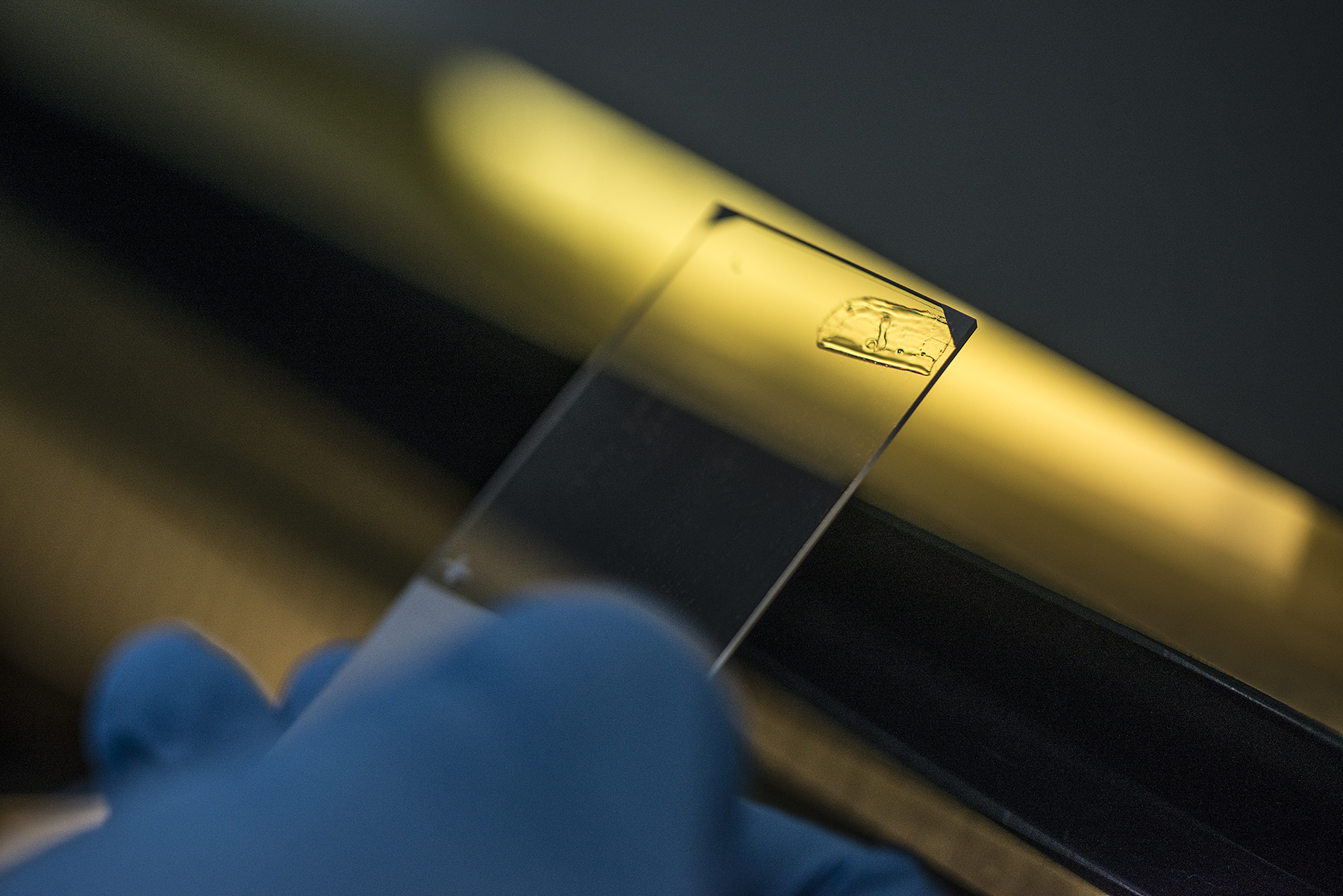Recent Faculty Publication: "Identification of Human Very Small Embryonic like Stem Cells (VSELS) in Human Heart Tissue Among Young and Old Individuals."
Identification of Human Very Small Embryonic like Stem Cells (VSELS) in Human Heart Tissue Among Young and Old Individuals.
Author information
- 1
- Saha Cardiovascular Research Center, University of Kentucky, Lexington, KY, USA.
- 2
- Brown Cancer Center, University of Louisville, Louisville, KY, USA.
- 3
- Saha Cardiovascular Research Center, University of Kentucky, Lexington, KY, USA. abdel-latif@uky.edu.
- 4
- Lexington VA Medical Center and Saha Cardiovascular Research Center, University of Kentucky, 741 South Limestone, BBSRB B349, Lexington, KY, 40536-0509, USA. abdel-latif@uky.edu.
Abstract
Very Small Embryonic-Like (VSEL) stem cells are a proposed pluripotent population, residing in adult tissues. VSELs have been described in multiple tissues including bone marrow, cord blood, and gonads. They exhibit multiple characteristics of embryonic stem cells including the ability to differentiate into cellular lineages of all three germ layers, including cardiomyocytes and vascular endothelial cells. However, their presence in adult solid organs such as heart in humans has not been established. VSELs are valuable source of stem cells for tissue regeneration and replacement of cells for turnover and usual wear-and-tear. The purpose of our study was to explore the existence of human VSELs (huVSELs) in human heart tissue and examine the changes in their prevalence with aging and cardiac disease. Human heart tissue, collected from healthy and ischemic heart disease subjects was examined for the prevalence of VSELS, defined as CD45-/CD133+/SSEA4+. Both epicardial and endocardial tissues were examined comparing VSEL numbers across different age groups. Our data confirm the existence of huVSELs in adult hearts with decreasing prevalence during aging. This is the first evidence of huVSELs in adult cardiac tissue. Cardiac huVSELs could be further explored in future studies to characterize their primitive potential and therapeutic potential in regenerative studies.
KEYWORDS:
Age; Epicardium, endocardium; Human heart; Very small embryonic like stem cells
